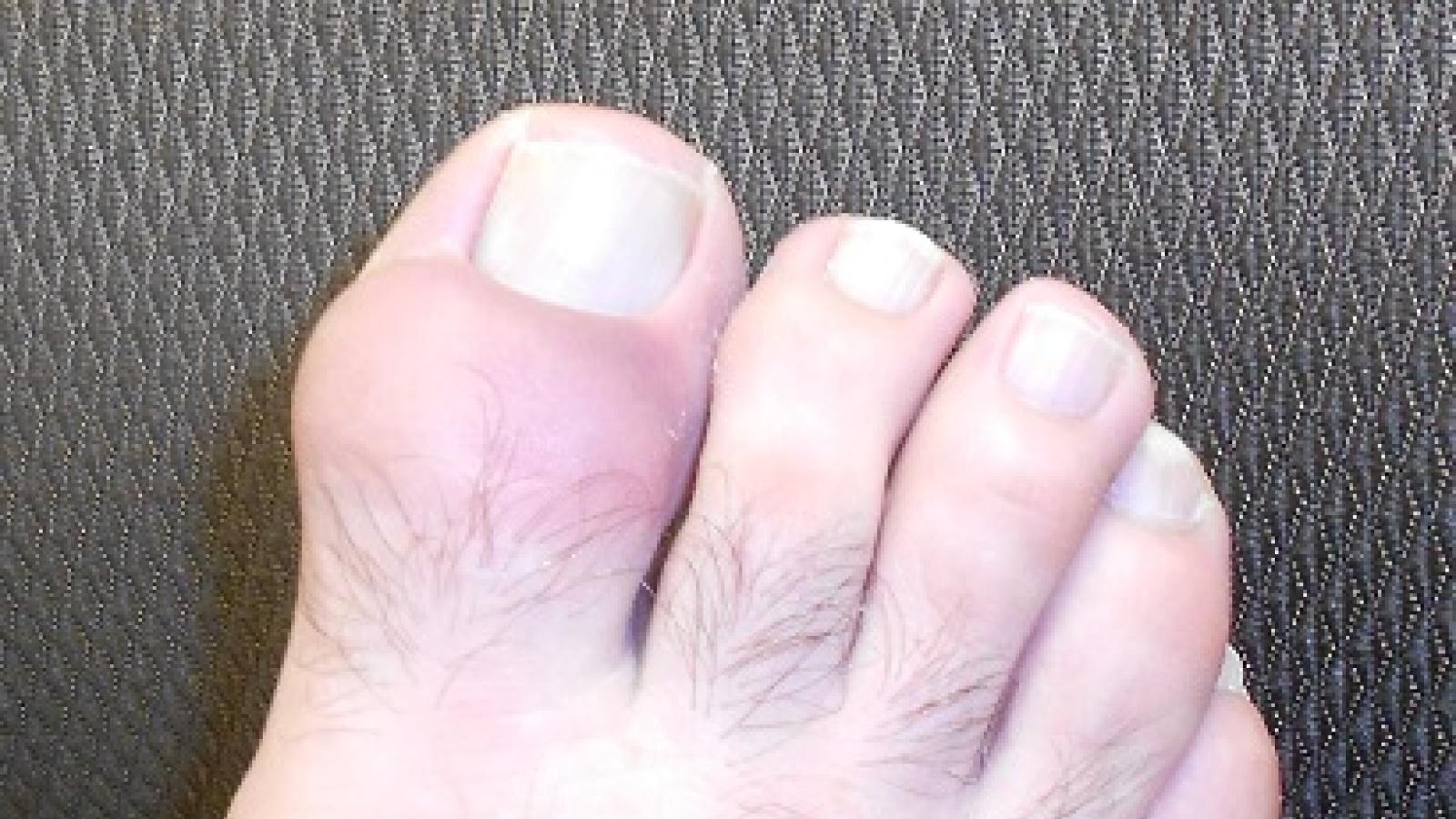Anti-Rheumatic Rx
At a EULAR 2025 session titled “What makes ‘Difficult-to-treat RA’ so difficult to treat? And what can we do?”, Drs. Paula David and Dennis McGonagle introduced the emerging concept of polyrefractory rheumatoid arthritis (RA), a term now being used to describe a subset of patients who have failed to respond to five or more biologic or targeted synthetic DMARDs. This new classification, derived from recent multinational registry data,
Most patients with early, active axial spondyloarthritis (axSpA) who quickly received a tumor necrosis factor (TNF) inhibitor experienced remission, and it didn't matter whether or not they had intestinal inflammation at baseline, a small single-arm study found.
Knee braces, water therapy and exercise are the most promising non-drug therapies for treating knee osteoarthritis, according to a new meta-analysis publishing June 18, 2025 in the open-access journal PLOS One by Yuan Luo of the First People’s Hospital of Neijiang, China.
It's easy to think that in our current world that we've done it all for rheumatoid arthritis, that there's nothing left to be done after b/tsDMARDs have become relatively widespread and accessible. If we aren’t satisfied that we’ve done all we can for our RA patients, how can we make their treatment and their lives better?
Dr. Jack Cush reviews highlights, trends and novel studies from EULAR 2025 in Barcelona from last week.
Advances in the treatment of rheumatoid arthritis, particularly the treat-to-target strategy and the introduction of effective DMARDs, have improved the management of inflammation in RA. However, improved inflammatory markers do not always translate into a resolution of patients’ symptoms or improvements in functional capacity. A recent pooled analysis from the CareRA and CareRA2020 randomized controlled trials shed new light on this
New studies shared at the 2025 annual EULAR congress in Barcelona highlight the benefits that nurse-led care can bring for both patients and healthcare systems.
Guidelines differ on the early treatment of RA – ACR suggests not to use glucocorticoids (GC) and EULAR updated recommendations for RA treatment presented at #EULAR2025 continued to suggest early treatment with MTX and glucocorticoids. We do know that it is not easy to get a significant minority of RA patients off of prednisone.
Saturday was the final day of EULAR, and included several lectures, but mostly late breaking abstracts and new EULAR guidelines - notably on Rheumatoid Arthritis and another on Interstitial Lung disease in connective tissue disorders. My favorite presentations included the following.
I asked the EULAR twitter sphere how they feel about combination of methotrexate (MTX) and leflunomide (LEF). The opinions are differing so far, with 50% reporting prescribing this combination often while 50% are worried of side effects. Several abstracts presented this year are providing further data to help us make up our minds in RA and PsA.
As earlier diagnosis and treatment of rheumatoid arthritis (RA) have resulted in greatly improved clinical outcomes, the focus of current research has now shifted to preventing the development of RA altogether. At EULAR 2025, several oral presentations explored this objective, highlighting data from three key prevention trials: APIPRA, ARIAA, and TREAT EARLIER. Each trial targeted individuals considered to be “at-risk” for developing RA,
At the 2025 EULAR congress in Barcelona, Prof Dimitrios Boumpas presented a summary of the updated EULAR recommendations on the management of lupus nephritis (LN). The most significant change in the treatment paradigm of LN is that the historic standard of care (SOC) (i.e. mycophenolate with glucocorticoids, GC) is now known to be inferior to several licensed combinations, as well as other unlicensed combination therapies.
To address this, a French multi-centre prospective pregnancy observational cohort was set up, to analyse disease activity, treatment, pregnancy outcomes, delivery, and neonatal health. The work – presented at the 2025 annual congress of EULAR – showcased findings from 97 women with an autoinflammatory disease.
At EULAR 2025, Dr. Laura Coates (Oxford) took the plenary stage to reframe how we think about treating psoriatic arthritis. The message was clear: in 2025, PsA treatment is no longer about following a linear algorithm; it’s about understanding the unique constellation of domains, comorbidities, and patient factors that shape each clinical decision.
Gout flares are associated with cardiovascular events. Treating gout to target serum urate level prevents flares, but whether such treatment can also prevent cardiovascular events is unknown.






















 Poster Hall
Poster Hall